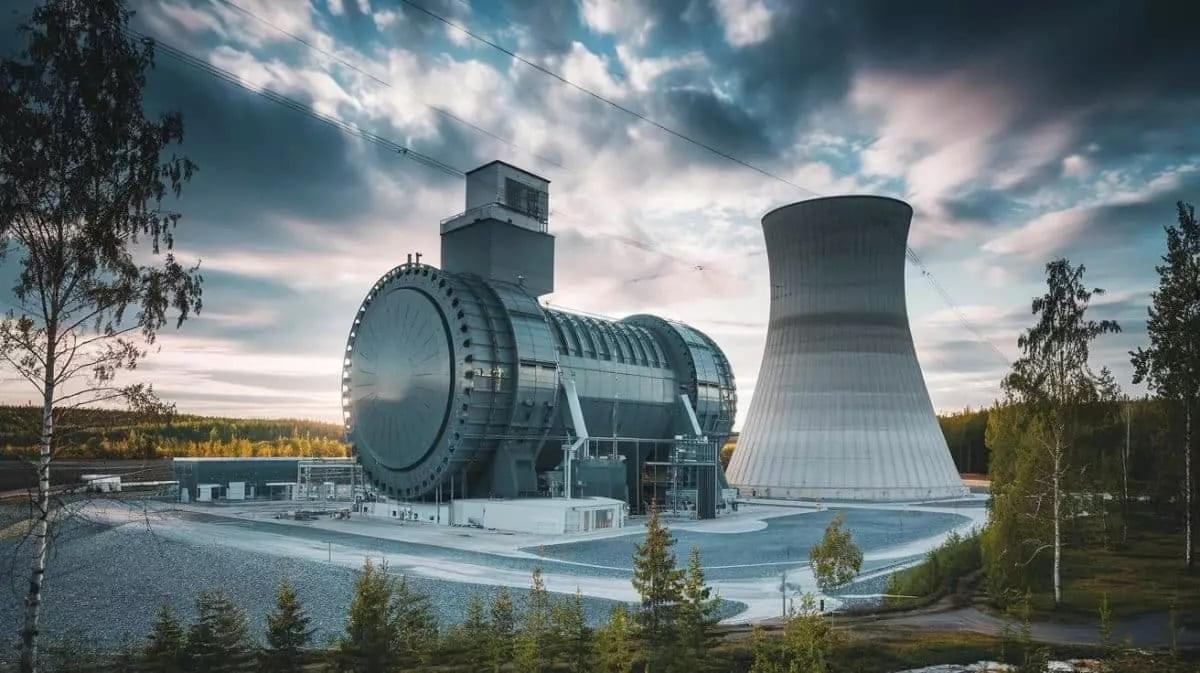“A good ratio of oxygen to methane is key to combustion,” said Justin Long.
Can methane flare burners be advanced to produce less methane? This is what a recent study published in Industrial & Engineering Chemistry Research hopes to address as a team of researchers from the University of Michigan (U-M) and the Southwest Research Institute (SwRI) developed a methane flare burner with increased combustion stability and efficiency compared to traditional methane flare burners. This study has the potential to develop more environmentally friendly burners to combat human-caused climate change, specifically since methane is a far larger contributor to climate change than carbon dioxide.
For the study, the researchers used a combination of machine learning and novel manufacturing methods to test several designs of a methane flare burner that incorporates crosswinds to simulate real-world environments. The burner design includes splitting the methane flow in three directions while enabling oxygen flow from crosswinds to mix with the methane, enabling a much cleaner combustion. In the end, the researchers found that their design achieves 98 percent combustion efficiency, meaning it produces 98 percent less methane than traditional burners.
“A good ratio of oxygen to methane is key to combustion,” said Justin Long, who is a Senior Research Engineer at SwRI. “The surrounding air needs to be captured and incorporated to mix with the methane, but too much can dilute it. U-M researchers conducted a lot of computational fluid dynamics work to find a design with an optimal air-methane balance, even when subjected to high-crosswind conditions.”








